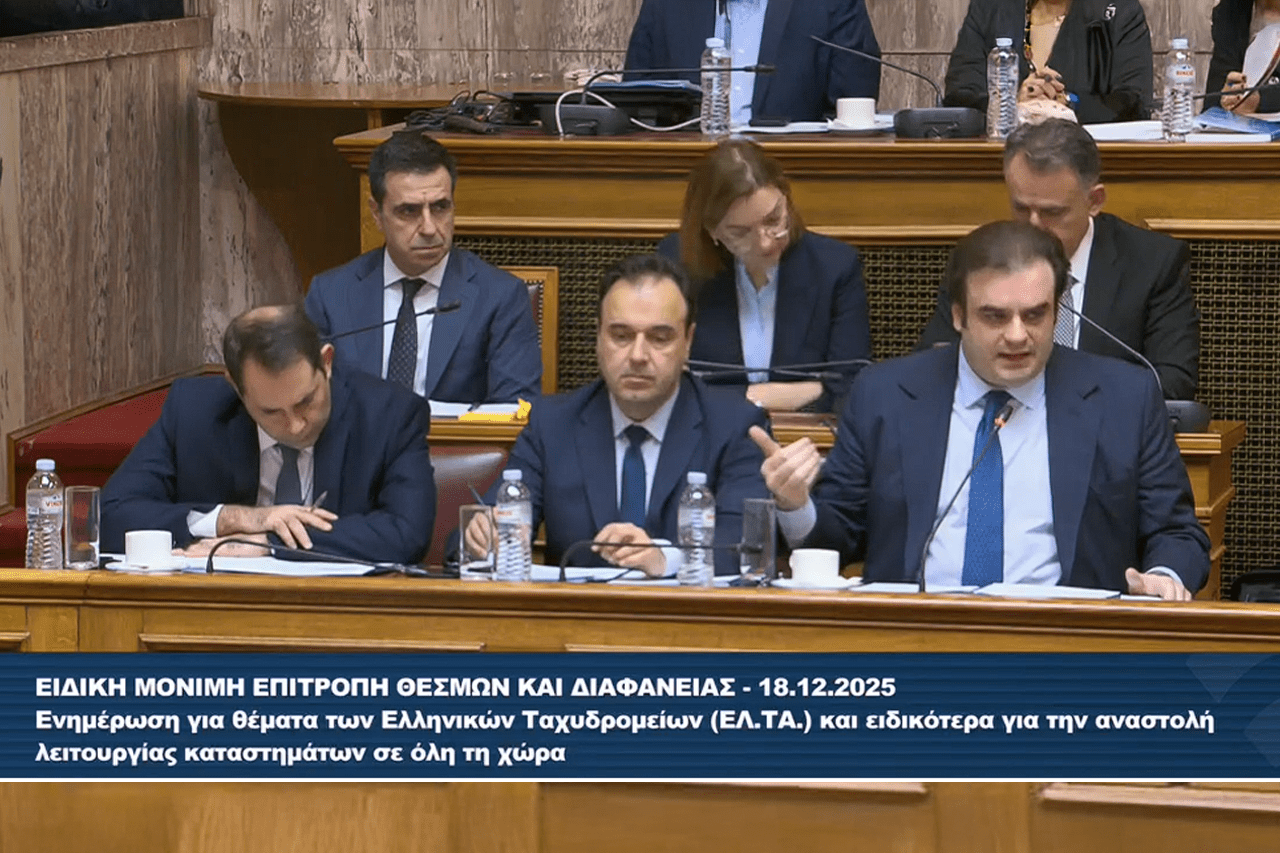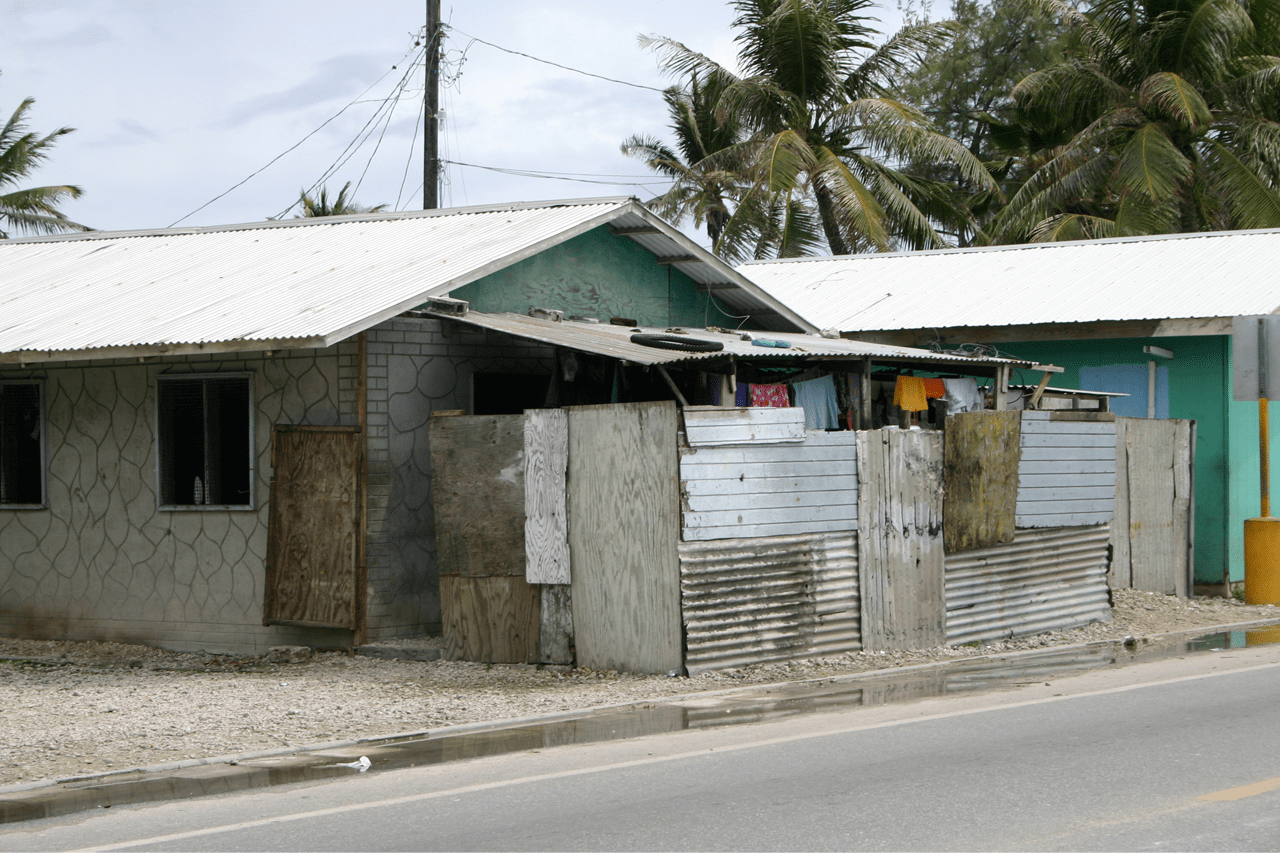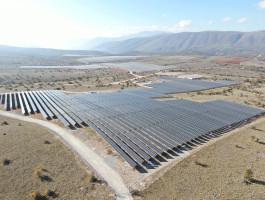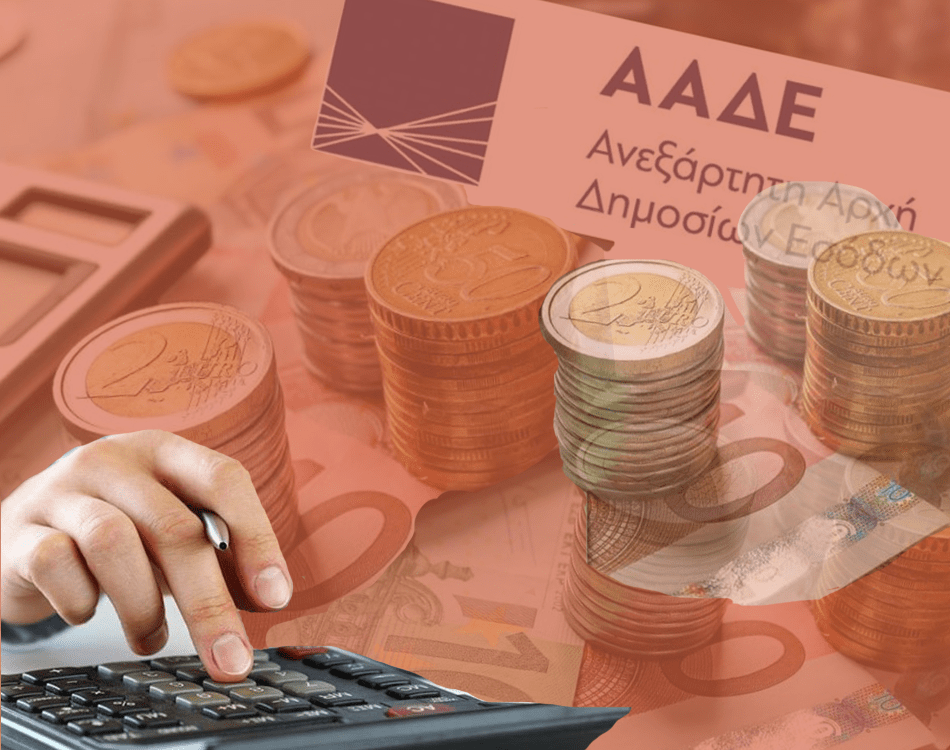Greece’s urban real estate market, especially the greater Athens-Piraeus area, appears to be rebounding after more than a decade (2007-2018) of unprecedented collapse amid an economic implosion, political instability and saturation in home ownership in the country – among the highest in the European Union.
The previous (1997-2007) decade before the real estate “bubble” burst witnessed a 170.4-percent cumulative increase in the prices of residences.
Although the repercussions from the pandemic are still being calculated, the previous two-year period before 2020 saw the “AirBNB” effect and “Golden Visa” regime (residency visas for property purchases of more than 250K euros) resuscitated a handful of downgraded inner city districts. The main protagonists in the “Golden Visa” program were PR China nationals, followed in a distant second and third place by Russians and Turks.
Inner city neighborhoods that dominated buyers’ interest are the Koukaki district, which lies adjacent to the southern side of the Acropolis and in the vicinity of other well-known monuments in central Athens, and is criss-crossed by all mass transit systems in the Greek capital. Close behind are Monastiraki, on the northern side of the Acropolis and next to the Plaka quarter; Metaxourgio, a much grittier neighborhood that’s also within walking distance to most central sites and hosts a metro station, along with the Exarchia district – Athens’ so-called Bohemian zone for many, and “anti-establishment” hub for others. Further off is Kypseli, one of the most congested and migrant-populated districts in the Greek capital.
Prices in the aforementioned have, in general terms, rose by 20 to 30 percent in the pre-Covid era and after 2018. The pandemic, however, practically froze all activity in the real estate sector.
On a nationwide level in 2020, according to the Bank of Greece (BoG), residence prices rose for a third straight year (in nominal terms), by 4.2 percent, down from 7.2 percent in 2019 and 1.8 percent in 2018. The highest increases were recorded in the greater Athens area, at 7.4 percent, and the greater Thessaloniki area, by 4.6 percent yoy.
The figures compiled by the BoG are based on transaction prices listed in official statements to the tax bureau. Often-times, however, transactions may involve a cash portion exchanging hands between buyer and seller “under the table”, in order to avoid paying taxes on the full sale price – a widespread phenomenon in previous decades.



![Φυσικές καταστροφές: Μειώθηκαν οι ζημιές στη διάρκεια του 2025 [γράφημα]](https://www.ot.gr/wp-content/uploads/2025/11/INDONESIA-S-RESCUE.jpg)


































